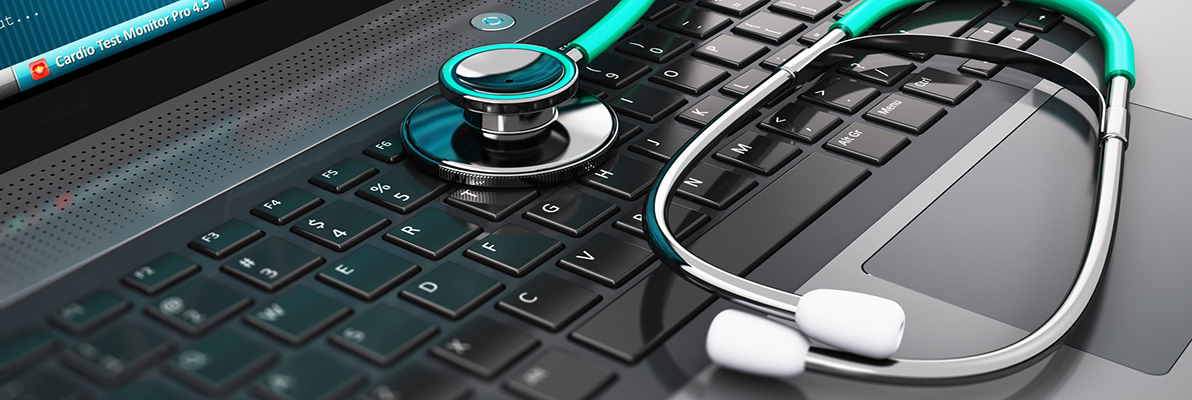
The airports, hotels, and hours on the road making your way to a client’s office are all part of the standard of business travel. Whether you’re going across town or flying a few thousand miles away, data protections aren’t always as stringent when you’re away from your office.
An undeniable trend we’ve seen at Connect2Geek is that mobile technology has made working “on the go” easier than ever. And that offers unique challenges when it comes to cybersecurity. Wireless networks connect smartphones, laptops, tablets, and wearables to the internet, and some are more secure than others.
Our Managed IT Security Services are designed to create an impermeable shield to protect our clients’ business data, but it’s also flexible enough to keep that same data safe when it’s being accessed away from the office.
Business travel is forecast to grow to 1.6 trillion by 2020. (TravelPerk)
After a few years of slowdown, companies are again putting more people on the road to shake hands and meet face-to-face with clients. But many haven’t really thought about protocols for cybersecurity while traveling, leaving corporate data at risk of a hacker.
There are some important safety tips that business travelers can follow to greatly increase security and reduce risk of cyberthreats, whether they’re traveling just a few miles away or across the country.
Use these 8 Travel Security Tips to Keep Your Devices & Data Safe
Insecure Wi-Fi and Bluetooth connections and lost or stolen devices are some of the dangers facing your employees when they’re on a business trip. But a few Connect2Geek safeguards from our experienced technology team can take the worry away from data security, so you can focus 100% on the reason you’re traveling in the first place.
1. Use a Mobile Device Management Software
Mobile device management software allows you to manage, monitor, and secure employee mobile devices from one central location. 60% of employees use mobile apps for work related activities, and that’s while traveling, at home, or at the office. So, having mobile device management software in place gives you the ability to immediately locate a lost device for a staff member at the airport or remotely wipe a device clean if it’s stolen.
2. Use Screen Locks
While typing in your 6-digit pin every time you need to access your tablet might be slightly annoying, it’s a good habit that can add an important layer of security while traveling. Newer devices also offer fingerprint or face ID to unlock a screen. Having a criminal locked out of your phone can give you the vital minutes you need to wipe it of data remotely.
3. Just Say No to Public Wi-Fi (or Don’t Login while On It)
It’s natural to want to save your mobile minutes and use the public Wi-Fi in a hotel or on an airplane to get some work done, but you have to assume cybercriminals are there just waiting for a victim. Using a company virtual private network (VPN) is much safer and encrypts everything you do.
Assume anything you type in while on a public Wi-Fi is being captured and if you must use it, don’t type in any passwords while connected.
4. Install Anti-Virus and Anti-Malware
It’s second nature to install anti-virus and anti-malware software on a desktop computer, but many people don’t think about the need for them on mobile devices as well. With more people now accessing the internet from a mobile device than a desktop, hackers have started targeting their malware at smartphones and tablets.
Having up to date virus and malware protection on your devices can save you from accidentally visiting a link to a malicious site while you’re racing to the next meeting or trying to catch a train, and not paying quite as much attention as usual.
5. Turn Off Automatic Wi-Fi and Bluetooth Connectivity
When traveling, you don’t know who might try to get through those “auto-connection” settings to hack your device. The convenience of automatically connecting to Wi-Fi or Bluetooth devices is trumped by the security risk. Turn those off while traveling, and just do a manual connection when needed.
6. Use Strong Password Habits
No matter where you’re working from, following strong password habits can be the first line of defense against a criminal trying to access yours or your company’s sensitive data. Strong password habits include:
- Use passwords at least 7 characters long
- Use a combination of letters, numbers, and symbols
- Use both uppercase and lowercase letters
- Don’t use one password for every login
- Use 2-factor authentication with your login
- Use a password manager to create and remember strong passwords
7. Back Up Everything that’s on Your Device
Before you head out the door on a business trip, make sure everything on your mobile devices is backed up, including files, photos, and videos. That way if your device is lost or stolen while on the road, you won’t lose all that data along with the device itself.
8. Have a Contingency Plan
Often a traveler can feel helpless and without resources if their phone, tablet, or laptop goes missing while on the road. If you have a contingency plan for staff to follow in the event of a lost or stolen mobile device while traveling, then everyone knows what to do and the situation can be much less stressful.
If you have an IT provider like Connect2Geek as a resource, not only can we help your travelers with remote wiping or remote location of devices, we can also assist remotely with common issues like projector connections.
Need Some Help Setting up Mobile IT Security for Business Trips?
Connect2Geek can make your business trips smooth sailing, no matter where you’re going. Call on us to set up mobile device management, a corporate VPN, or to be on call when your team needs us. We’re here for you!
Contact us today to get started at 208-468-4323 or on our website.
